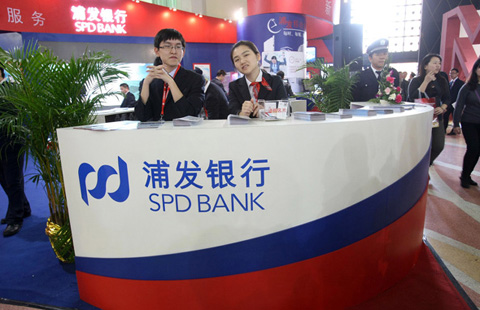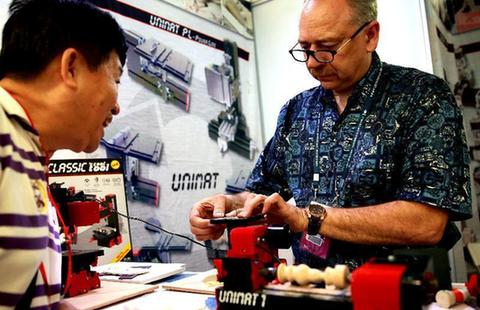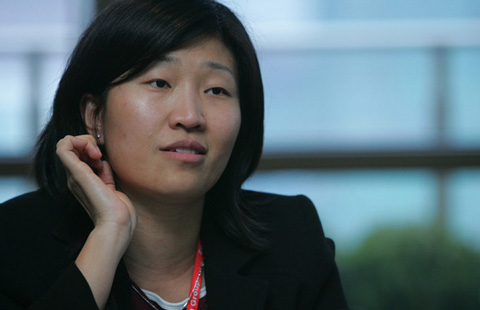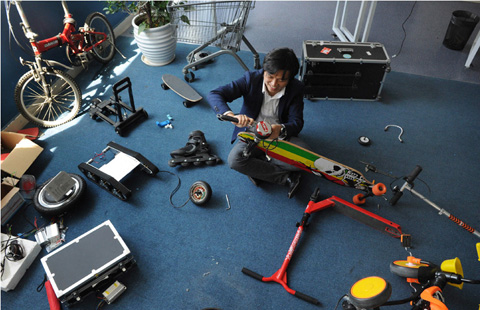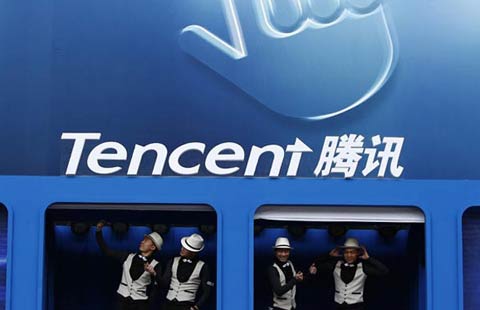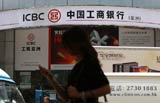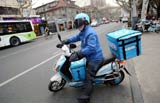A pioneering step on opening China's taxi market
(Xinhua) Updated: 2015-05-15 10:55He complained that he had to pay a 250 yuan contract fee to the taxi company every day, in addition to the 150 yuan petrol fee on average each day. He said he could hardly make ends meet.
The new measures will cut half the operation license fees taxi companies pay to the government to 5,000 yuan annually for each taxi this year and cancel the fees completely next year.
"We will give all the money the government exempted from us to the drivers," said Chen Chengming, general manager of Zhejiang Hengfeng Transportation Co Ltd, one of the six licensed taxi companies in Yiwu.
Elimination of contract fees means 10,000 yuan more every year for drivers, said Chen, whose company runs more than 250 taxis and employs 700 drivers.
The reforms are also part of the city's move to embrace technology.
The popularity of Uber-like mobile apps, which allows customers to submit a trip request to crowd-sourced taxi drivers, has challenged the traditional taxi business.
In some areas, they have evoked heavy-handed opposition by local authorities.
Uber's offices in the southwestern city of Chengdu and the southern city of Guangzhou were raided earlier this month for failing to abide by taxi management rules. The ride-sharing service provider allegedly hired unlicensed private vehicles for business, which is illegal in China.
Despite opposition against mobile taxi-hailing apps by some local authorities, Yiwu will support the new model, according to the reform outline released on Wednesday.
Yiwu will encourage Internet companies to jointly build taxi-hailing platforms with taxi companies, according to the plan.
"Yiwu's reform will be a model for other Chinese cities," said Zhang Baoyi, head of the Social Sciences Research Institute under the Tianjin Municipal Academy of Social Sciences.
"With the development of technology, we could run the taxi business by GPS system and mobile apps, instead of the taxi companies, which get undeserved huge profits, as the intermediary."
Veteran driver He Jun hopes the government will also crack down on unlicensed vehicles for commercial operation, whose number might be ten times that of taxis.
"The opening of the taxi market is a good thing as it will help force out the unlicensed ones," he said.
"We are not afraid of competition as Yiwu never lacks a flow of people."
- Grants4Apps looks for startups in digital health
- Direct flight to link China's Guiyang with Osaka
- JP Morgan sees scope for more RRR cuts in China
- PPP financing eyed for growth, improved livelihoods
- Changan Ford to recall 172,864 vehicles over steering flaws
- US expert suggests renminbi be included into IMF's Special Drawing Rights basket
- China expands asset securitization to boost real economy
- Grain listing in shape with COFCO, CIC venture
